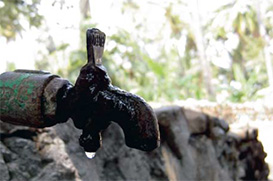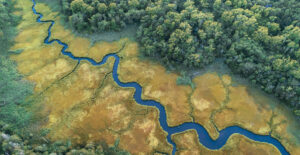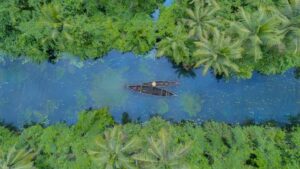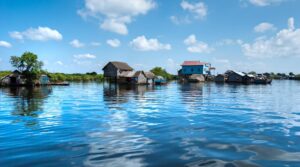Corruption Risks in Water Licensing with case studies from Chile and Kazakhstan

With growing water scarcity in an increasing number of countries, there is a significantly greater risk of corruption in the water licensing process. Water resource licensing and other allocation mechanisms are important because they underpin who gets access to water and provide a means to manage water fairly, efficiently and sustainably.
This report explores the nature of the risk using a 2007 field study of Chile and Kazakhstan as case studies for risk mitigation.
This study was supported by the Water Integrity Network (WIN) , the Swedish Water House (SWH) and the UNDP Water Governance Facility at SIWI (WGF).
KEY LESSONS LEARNED
Preventive actions to reduce the risk of corruption in water licensing particularly relate to:
- Simplification of procedures for licensing (to reduce opportunities for petty corruption), including the possible application of more informal, traditional and local control mechanisms. Responsibilities of licensor and licensee need to be very clear and need to be properly enforced.
- Exploring opportunities for more equitable (initial) water allocation to avoid that powerful buyers can capture the market and to better protect local traditional rights
- Strengthening regulatory, administrative and monitoring capacity (through appropriate laws and resources) including the necessary legal mechanisms to redress abuses.
- Ensuring that licensing and control matches the local administrative and infrastructural reality so that rules won’t just remain good intentions.
- Improve staff conditions in regulation and control agencies, including applying transparent staff nomination procedures, strengthening accountability measures and increasing staff remuneration to reduce risk of petty corruption (bribes).
- Improving coordination between IWRM organisations and stimulating the discussion around the need to reduce corruption risks. This is also very important in relation to transboundary arrangements which require transparent collaboration between organisations from different countries.
- Establishing independent oversight and encouraging civil society organisations (including possible independent funding) and the media to proceed with their important signalling role to balance the lobbying power of the private sector. For example, in Chile lively Internet communications have strong support from civil society organisations.
- Protecting whistleblowers and creating opportunities for anonymous reporting of problems.
- Improving public access to information concerning water license application, monitoring and enforcement. This may include public access to annual reports of agencies involved in the process but also improvement in the collection and processing of hydrological information and pollution data in support of monitoring.
The challenge in better governance of water resources clearly transcends the water sector. But judging by these two cases it requires a detailed look at the issue of water licensing to improve equitable and sustainable resource management.
How to Cite: Warner, J., Butterworth, J., Wegerich, K., Mora Vallejo, A., Martinez, G., & Gouet, C. and Visscher, J.T. 2009. Corruption Risks in Water Licensing with Case Studies from Chile and Kazakhstan. Swedish Water House Report 27. SIWI, 2009.



